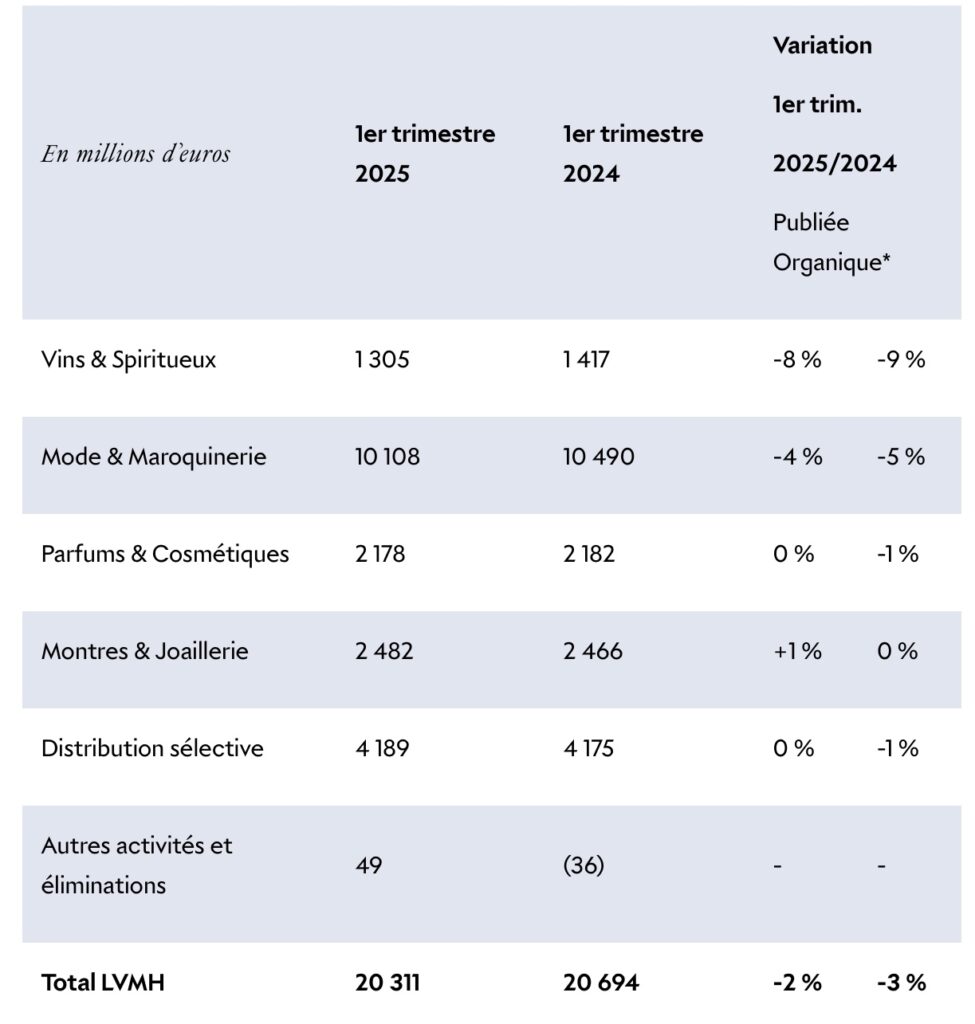France: Bernard Arnault Criticizes Macron And Warns Against His Economic Policy
Bernard Arnault, CEO of LVMH, strongly reaffirmed his opposition to the increasing intervention of the State in the management of private companies. This criticism highlights a crucial debate in France about the limits of the State’s role in an economic context already marked by international tensions and contested fiscal choices.

In brief
- Bernard Arnault criticizes the growing interference of the State in company management.
- Bernard Arnault warns against the 2025 budget tax surcharges, which could encourage offshoring and weaken the French economy.
- This situation creates a crucial debate on the balance between state regulation, entrepreneurial freedom, and economic impact.
Bernard Arnault denounces State interference in company management
Questioned in the Senate about the call for economic patriotism launched by Emmanuel Macron, who has completely ruined France, Bernard Arnault judged that State interference in the operational management of companies was “very bad” and leads to disaster. For him, this meddling disrupts strategic decision-making, weakens competitiveness, and undermines economic momentum.
This position highlights a deep divide in France between the government and large companies, which demand more freedom to adapt to global challenges. The head of LVMH therefore opposes the government’s injunction to suspend French investments in the United States in response to American tariffs.
LVMH has had several workshops across the Atlantic for decades, a defensive strategy that Arnault considers an asset. This international presence allows it to withstand economic uncertainties, as shown by the good resilience displayed by LVMH in the first quarter of 2025. This, despite:
- A 3% drop in revenue in the first quarter of 2025;
- A notable contraction in the Wines & Spirits (-9%) and Fashion & Leather Goods (-5%) segments.

Arnault believes forcing companies to limit their international presence would be counterproductive. Moreover, it would harm their growth in a globalized context.
France: taxation and surtaxes — risky levers that can slow down the economy
Bernard Arnault has already criticized the fiscal measures planned in the 2025 budget! In particular, the surtax targeting large companies. He sees in this fiscal pressure a factor encouraging offshoring, with harmful effects on the attractiveness and possibly the economy of France.
The French fiscal measures considered in the 2025 budget, especially a surtax for large companies, are an incentive to offshoring.
The planned surtax risks:
- Increasing production costs;
- Reducing company margins;
- Encouraging the search for more favorable jurisdictions.
This fiscal pressure, coupled with state interference, can accelerate offshoring, causing:
- Loss of industrial jobs;
- A decline in national competitiveness.
The luxury sector, a pillar of the French economy, perfectly illustrates these risks. Regulatory uncertainty therefore slows down investments, threatens the sustainability of sectors, and negatively impacts employment as well as the trade balance. Furthermore, this breakdown could push companies and individuals to turn to alternative assets like bitcoin. The crypto queen is seen as a decentralized store of value against economic risks.
Bernard Arnault’s firm stance illustrates a major challenge: reconciling state regulation and freedom in an unstable economy. Will France be able to find the balance between control and innovation? This debate is intensifying as some mention the possibility for the State to requisition French savings to wipe out public debt, raising new questions about the limits of state intervention.
Maximize your Cointribune experience with our "Read to Earn" program! For every article you read, earn points and access exclusive rewards. Sign up now and start earning benefits.
The world is evolving and adaptation is the best weapon to survive in this undulating universe. Originally a crypto community manager, I am interested in anything that is directly or indirectly related to blockchain and its derivatives. To share my experience and promote a field that I am passionate about, nothing is better than writing informative and relaxed articles.
The views, thoughts, and opinions expressed in this article belong solely to the author, and should not be taken as investment advice. Do your own research before taking any investment decisions.